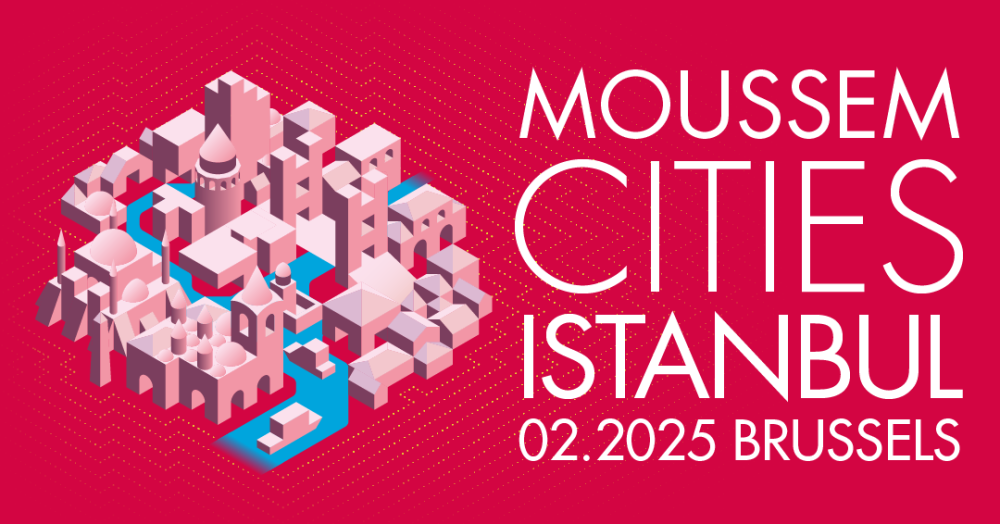Reappropriation of Public Space
Istanbul's Independent Performing Arts Scene
Istanbul’s independent theatre scene is a constellation of creativity, resilience, and innovation that remains largely invisible in dominant Western narratives about Turkey. Beyond the political headlines and urban transformations, these theatres have been quietly transforming the city’s social and cultural fabric since the 1990s.
By repurposing vacant places as intimate performance spaces, independent groups have redefined both the boundaries of the stage and the meaning of public space. These spaces do more than host performances—they challenge societal norms, make minority narratives visible, and create arenas where the stories of those excluded from the dominant narrative can be heard and seen.
Artistic practices in Istanbul’s alternative theatres reorganise the relationships between audiences and performers, echoing the ways public space itself can be contested and reconfigured. They claim their right to the city, bringing new visibility to marginalized communities and reimagining the role of art in urban life. These acts resonate with broader questions of how cities are framed: Who gets to be seen, and who is excluded?
Moments such as the Gezi Movement in 2013 further highlighted the political potential of these spaces, as public squares became stages for collective resistance and creativity. Yet, the true strength of this theatre movement lies in its everyday engagement with Istanbul’s dynamic urban landscape, continuously carving out space for art and sociability amid the city’s constant flux.
This lecture invites audiences to explore this little-known dimension of Istanbul, while drawing comparisons with Brussels. What can these alternative theatres teach us about reclaiming urban spaces for creativity, visibility, and community? And how can art challenge the ways cities are framed and experienced?

